I confess I've been very imprudent to write an interpretation of the TEB's music and probably, read today, this essay is quite outdated or at least arguable (also it's a sort of funny paradox in having set up an archive like this - so full of words! - to tell and document a music that didn't need to have words...).
I remember I asked Glen and Paul to excuse me for my hazard. They was so kind and indulgent to excuse me...
(Note: the English adaptation was by Piera Testi)
MUSIC FOR THE THIRD EAR
FOR A CONSCIOUS LISTENING
I'm not persuaded that the sound of a certain historical period - in acertain society - forecast the times and the social models to come (J. Attali).
The immersion of sounds/noises we are submitted in these years seems to reflect the times (of triviality, superficiality, esteriority...) we live in, and it seems to describe them perfectly, evidencing the socio-cultural deep crisis in which West countries are and the negative impact of the Record Industry and the technology on the music creation and use.
The anonymous non-places (M. Augè), where music is absently used, acting as simple sound upholstery which brings and keeps company to the consumption, suggest the idea that the re-producing of sounds, and the hidden possibility to listen to music everywhere, have made the listening experience less the result of an active, conscious process and more the result of a passive unconscious behaviour.The advertising makers have understood this process with a great advance and as a matter of fact they use music to persuade people "in a pleasant way" to buy, thus showing our (just presumed) needs.
The music, which goes deep into our daily life, has turned in a non-place, deprived of any identity, history and relation with the time and the place of living, is a sort of undefined and virtual phenomenon.
 |
| Sweeney live on September 1970 (courtesy Facebook TEB's fans page) |
To oppose the silence to the chaos, as we hear from time to time, seems anyway a quick and candid utopia as it proposes a runaway (or happy island, or pure oasis, or ivory tower) where, on the contrary, some kinds of "creative resistance" (alternative voyages through personal, choerent inner routes) should be equipped (suggestive is a small book, as a renet example, by Chambers and Gilroy on Jimi Hendix, hip-hop and the evolution of thinking, published in Italy in 1995) to escape the risk to be dazed and submerged.
 |
| Bridges live on September 1970 (courtesy Facebook TEB's fans page) |
There are solutions, but they are hard to get and they are placed in a prompt reasearch of a recent and perfect past of the popular music and in an analysis of the present, in spite of some difficulties which are inside any cultural outgoing phenomenon.
They are inside the variables of the popular music, since its origin inside the delicate balance freedom-conditioning: the relation between Record Industry and creation (product/goods-product/art), as first; the incidence of technology on the creative process: how 'releasing' is effectively the technological innovation, the usage of the more and more sophisticated sound-machines?; the relation between space and time of listening; the presumed authenticity of the produced musics and its consequent effect on the common imagination.
These criteria may favour a detached approach to music we are exposed to and inevitably immersed in every day. We could, at least, accept as a unique rule (not less right than the others, of course) the casual listening, as a simple daily background".
(end of part one - to be continued)


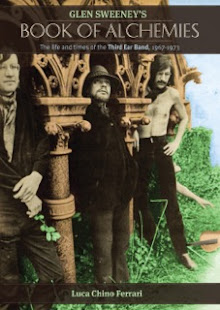
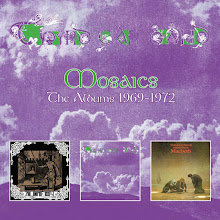
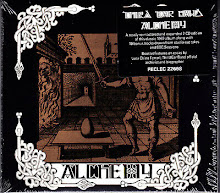
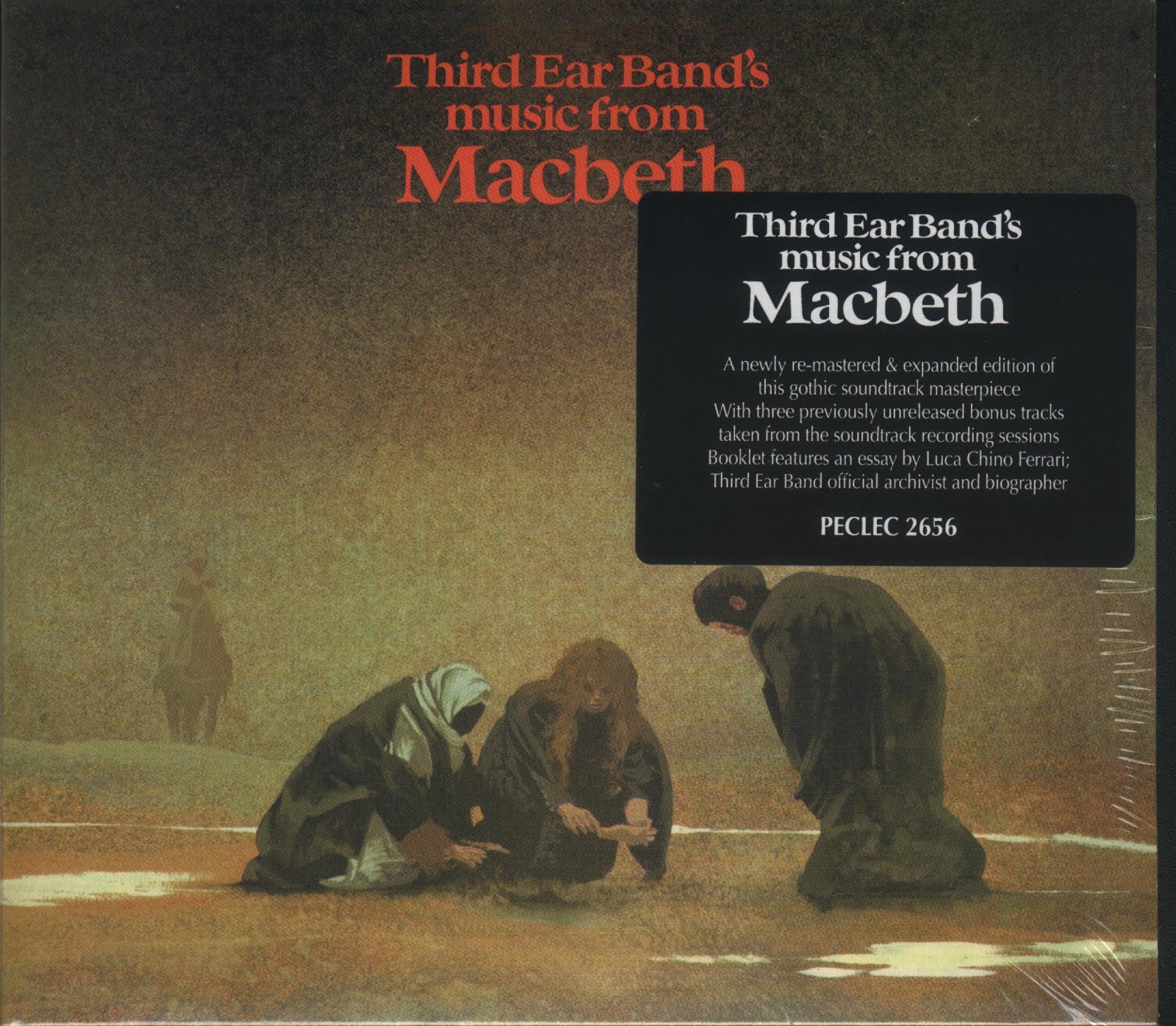


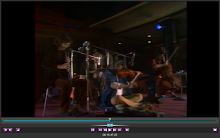
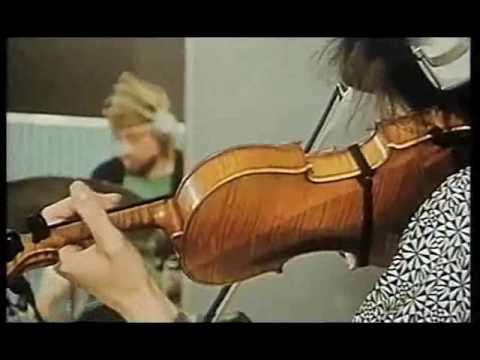



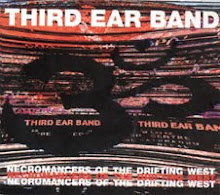
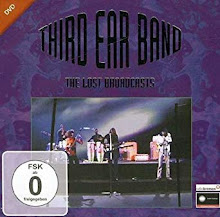





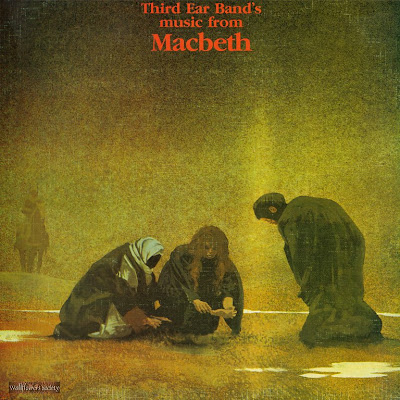






































No comments:
Post a Comment